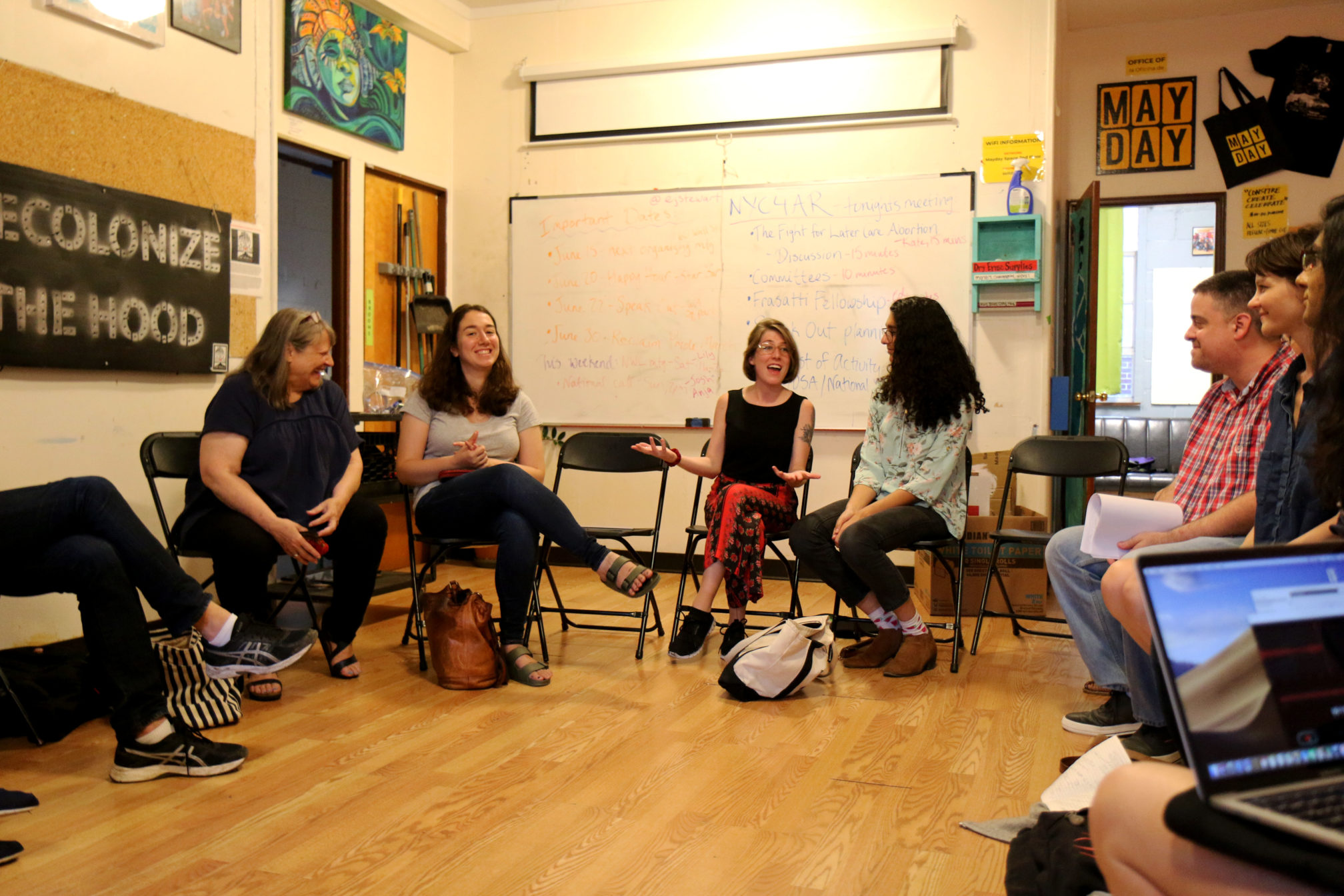Brooklyn activists push for more access to late-term abortions

As early-term abortion bans dominate national headlines, a growing network of pro-choice activists in Brooklyn is doubling down on a push for late-term abortion access closer to home.
“A big reason why we are where we are right now, with six-week abortion bans in states like Georgia, Alabama, Missouri, Ohio, Louisiana and Texas, is because we haven’t been fighting for the most controversial kind of abortion — which is later-care abortion,” Kate Castle told members of NYC for Abortion Rights at the group’s meeting last week.
The Reproductive Health Act that New York passed in January expanded access to late-term abortions — broadening the scope to allow women past the 24-week point to terminate their pregnancies under health-threatening conditions, instead of solely life-threatening conditions.

Brooklyn Boro
View MoreNew York City’s most populous borough, Brooklyn, is home to nearly 2.6 million residents. If Brooklyn were an independent city it would be the fourth largest city in the United States. While Brooklyn has become the epitome of ‘cool and hip’ in recent years, for those that were born here, raised families here and improved communities over the years, Brooklyn has never been ‘uncool’.